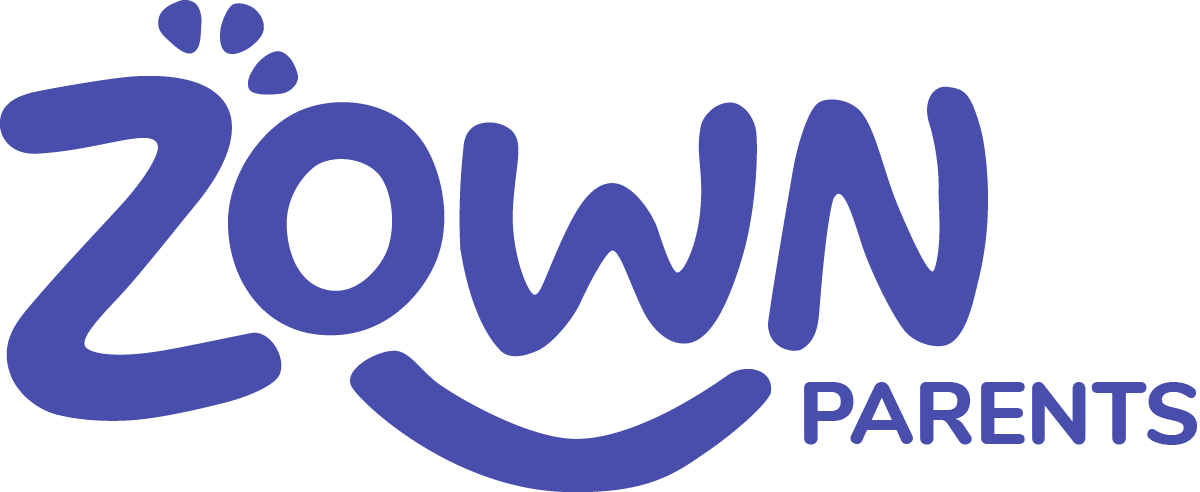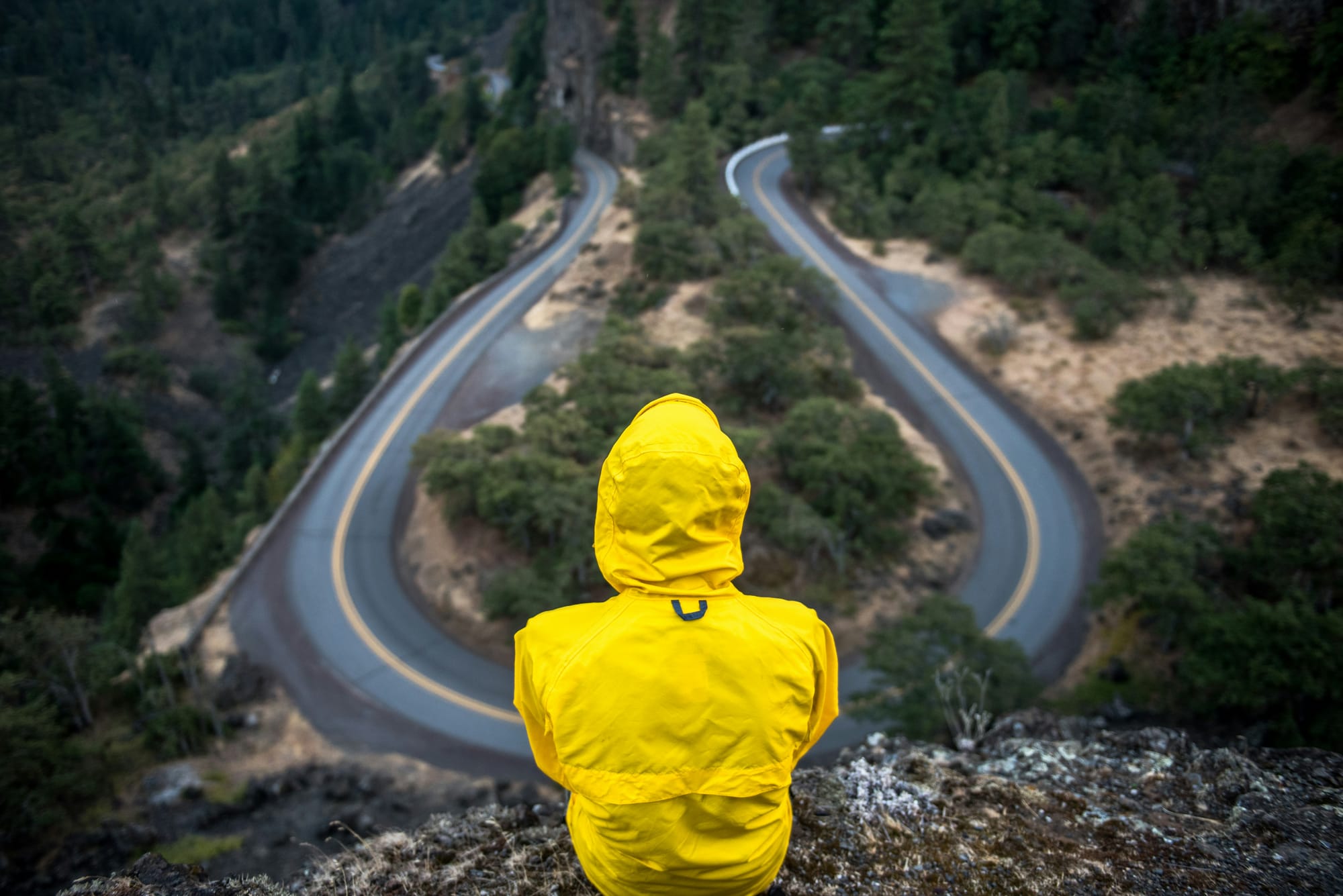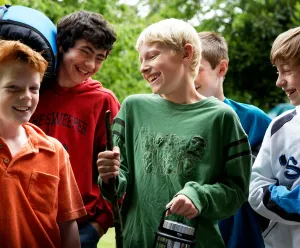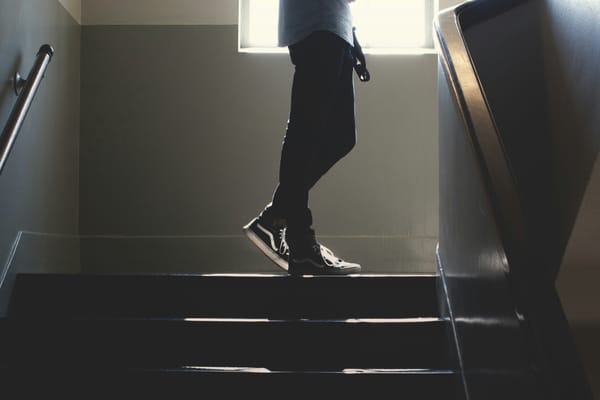Last week I joined a Webinar hosted by Fort Health and the Child Mind Institute Parenting Tips : Parenting Tips for Teen Loneliness Epidemic and it was fascinating. It was essentially a round table conversation between Shai Idelson & Matthew Biel from Fort Health; Dr Harold Koplewicz from the Child Mind Institute & Zach Rausch from NYU.
Here are my (hopefully coherent!) key take-aways from the webinar… which I think could have gone for 3 hours and still had room for longer!
In summary; children have never been more connected but have never felt lonelier. This is almost entirely due to online communication replacing face to face interaction.
One of the most important pieces of childhood and adolescence is that mistakes are low cost. Mistakes help us grow and learn.
At the same time, social anxiety is part of being human and only overcome by positive interactions which develop confidence and social competence. When teens doubt this social competence, they retreat into online worlds where there is far less risk of failure due to options of anonymity or simply logging off if uncomfortable. This then starts a cycle of further retraction from face-to-face interaction and the social anxiety only gets worse.
While it feels less risky to fail online, kids are now always being watched, everyone knows what everyone is doing – and they have judgement (positive or negative) about it, thus making mistakes in the online world is actually potentially much more costly.
Unfortunately, childhood has become a performance for an audience – accidentally (or intentionally?) modelled by parents. An interesting perspective from a teenager; he said, ‘How can my parents complain I always have a phone in my face when I grew up, with them documenting every single part of my childhood?’ This documenting is usually without consent (by virtue of the child’s age) and then life becomes about achievement, comparison and performance rather than effort and interactions. As parents we need to reclaim childhood for kids. Let them be bored. Let them be creative. The stimulation they get from internet, social media and games is so intense we need to help balance that with creativity and human interaction.
Parents need to set rules and guidelines early and model good behaviour of personal interaction as well as online. Encourage conversation… LISTEN to kids when they want to talk… model gratitude… provide alternatives to screen time with rituals as a family, e.g. family movie night or bush walks without devices! Rituals become so important when things don’t go to plan… it is a secure and safe point to return to for teens when they are feeling vulnerable.
Ironically, in recent years we have overprotected kids in the real world and under-protected them online. For example, kids can’t play unsupervised in a park but have freedom online. Safety is encouraged in both facets, but the balance is definitely out of synch. It was discussed how play was replaced with play dates in the 1990s - organised, scheduled, supervised versus just playing - free flowing fun and creativity. Let’s get back to play.
Developing adolescent brains are impulsive – it’s a great time to learn new things but also the potential to form bad habits. At the same time as teens pull away from their parents and rely more on peers; their behaviour can get more risky. While peers have a great influence, parents still have THE most influence on their children – so don’t pull away. Show them you’re there for them – especially in the hard times.
Friendship and connection have changed for us all (due to technology and then also impacted by Covid) where we used to know a few people very well. Now we are connected to almost every human on the planet 365 days a year 24/7 if we would like to be. Deep relationships are difficult to form online with communication often in shorthand, using slang, acronyms and emojis.
Social media is not all bad! It has benefits for connection and access to communities that may not be available physically BUT it too often replaces real life…. Balance is key. The rapid pace of social media overtakes crucial, slower in-person relationships so it’s imperative we offer and encourage balance. Online AND in person.
Community plays a very important role in addressing the loneliness epidemic – forming peer to peer relationships via sport, music, activities & hobbies gives connection. Schools also play a crucial role; both providing community as well as enforcing device bans for 6-7 hours showing students, they can actually survive without them!
The Child Mind Institute’s study into problematic internet usage (6-8 hours + / day) shows mental health symptoms will get worse for those who already have mental illness. If a child does not already have a condition, social media won’t cause them to develop a mental health disorder.
Final advice for parents:
- There is no one size fits all solution for loneliness, for online activity, or for parenting! There are lots of differences across age, gender, other vulnerabilities such as mental health concerns, trauma etc and that brings different levels of risk. For example, kids who are vulnerable may be finding a rare sense of connection online – it is still real socialising - and taking it away may be counterproductive. Conversation with kids is so important to help them differentiate how the different tools impact them e.g. 10 minutes on a chat-based app making plans with friends may enhance their mood… 2 hours on Tiktok or Instagram will probably not. Unfortunately, we need to recognise that the business model for a lot of these online social media platforms targets the more vulnerable users.
- Parents are encouraged to ask for help; from doctors, community, professionals, other parents or family, regarding changes that you notice in your child or children you know. Are they withdrawn, not enjoying things they usually do, not getting enough sleep due to online activity? This is a Mental Health First Aid skill – asking others for assistance for something you haven’t experienced.
- Lean in to being a parent. Treat your kids like your clients if you must! Care deeply about their interests, engagement, servicing… know them and trust your gut!
- And finally, if you need to have the tough conversation about your child’s loneliness; about red-flags you have noticed or about concerns for their mental health - reinforce how much you care about them and their health – physically and mentally. If they had a broken leg, you wouldn’t try to fix it (unless qualified) but you would take them to a specialist who can help.
Things are shifting under our feet rapidly – and we are raising children in an environment that we have never experienced ourselves. Strong bonds will protect them (and us). Stay educated, stay connected (even when they’re being foul – that’s when they need it the most!), recognise when they are lonely, model great social interactions where possible and you will be the best resource for your child.
What does Zown do to address this loneliness epidemic?
- Zown was created to counteract the potentially negative impacts of social media- to make kids feel GOOD about themselves and the world they live in
- Yes, it is an online community but we encourage our users to pop in when they need it – to access resources to help them thrive – and then go out and play.
- We encourage creativity, forming relationships, and creating points of connection with parents and peers
- We provide ideas for family rituals
- Zed, our digital buddy models and coaches on friendship and human interaction online, to give skills to translate in real life.
- We provide a safe space online.









